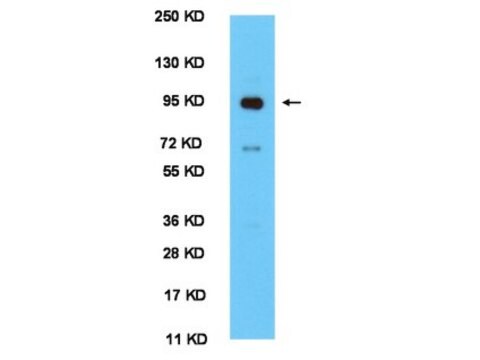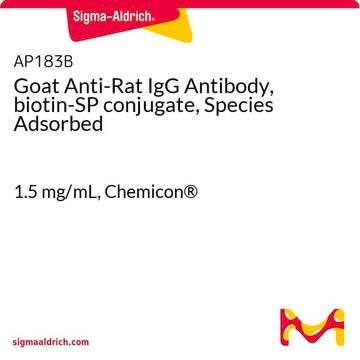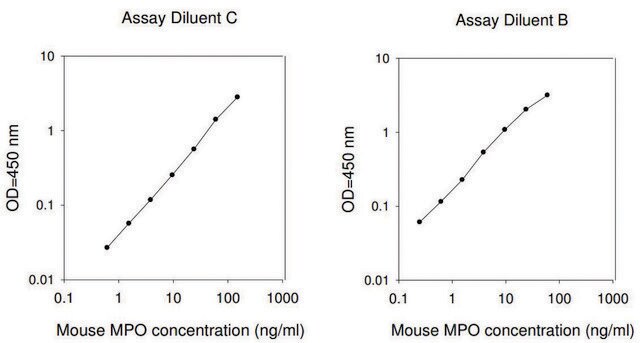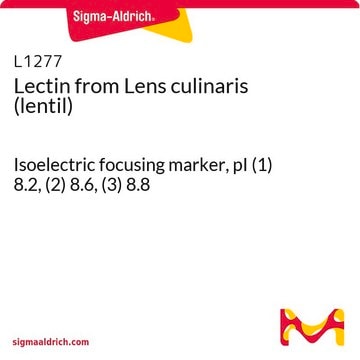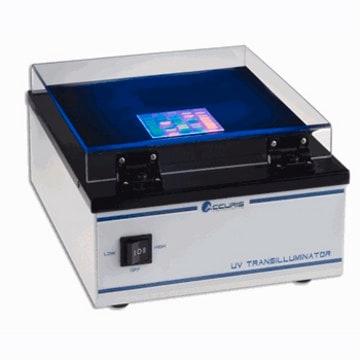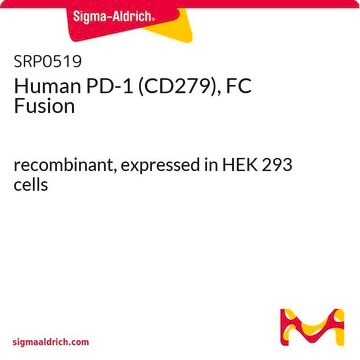AP500B
Goat Anti-Mouse IgM µ chain Antibody, biotin conjugate, Species Adsorbed
0.5 mg/mL, Chemicon®
About This Item
Productos recomendados
origen biológico
goat
Nivel de calidad
conjugado
biotin conjugate
forma del anticuerpo
affinity purified immunoglobulin
tipo de anticuerpo
secondary antibodies
clon
polyclonal
reactividad de especies
mouse
fabricante / nombre comercial
Chemicon®
concentración
0.5 mg/mL
técnicas
ELISA: suitable
Condiciones de envío
wet ice
modificación del objetivo postraduccional
unmodified
Descripción general
Especificidad
Inmunógeno
Aplicación
Optimal working dilutions must be determined by the end user.
Secondary & Control Antibodies
Secondary Antibodies Adsorbed for Dual Labeling
Fragment Specific Secondary Antibodies
Forma física
Almacenamiento y estabilidad
Información legal
Cláusula de descargo de responsabilidad
¿No encuentra el producto adecuado?
Pruebe nuestro Herramienta de selección de productos.
Código de clase de almacenamiento
10 - Combustible liquids
Clase de riesgo para el agua (WGK)
WGK 2
Punto de inflamabilidad (°F)
Not applicable
Punto de inflamabilidad (°C)
Not applicable
Certificados de análisis (COA)
Busque Certificados de análisis (COA) introduciendo el número de lote del producto. Los números de lote se encuentran en la etiqueta del producto después de las palabras «Lot» o «Batch»
¿Ya tiene este producto?
Encuentre la documentación para los productos que ha comprado recientemente en la Biblioteca de documentos.
Nuestro equipo de científicos tiene experiencia en todas las áreas de investigación: Ciencias de la vida, Ciencia de los materiales, Síntesis química, Cromatografía, Analítica y muchas otras.
Póngase en contacto con el Servicio técnico
